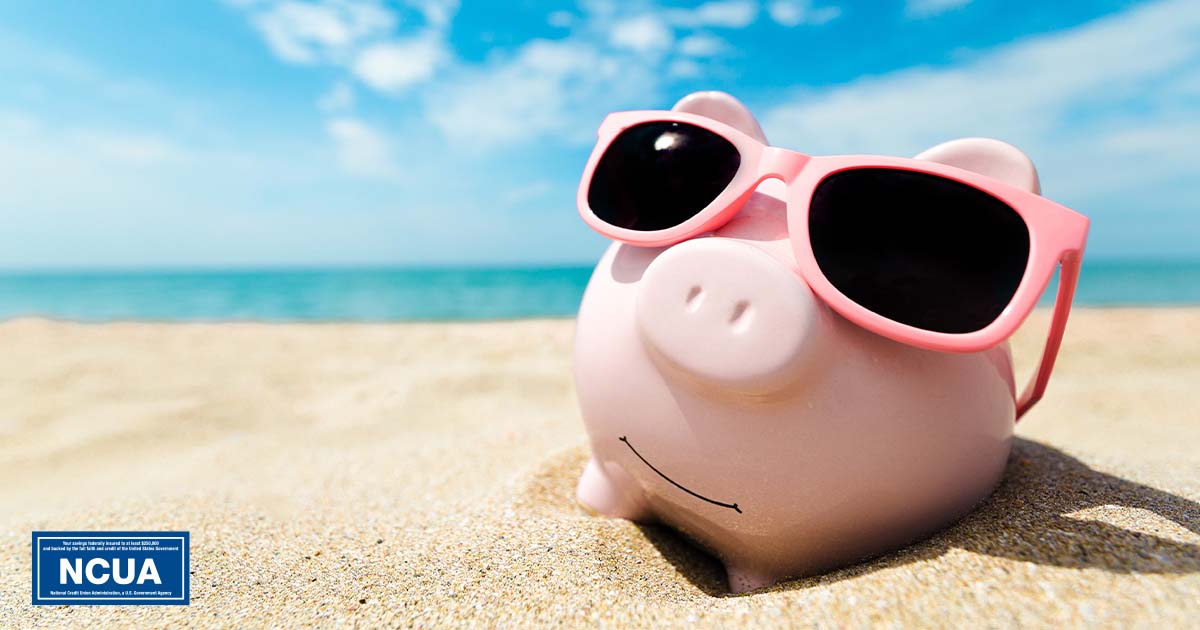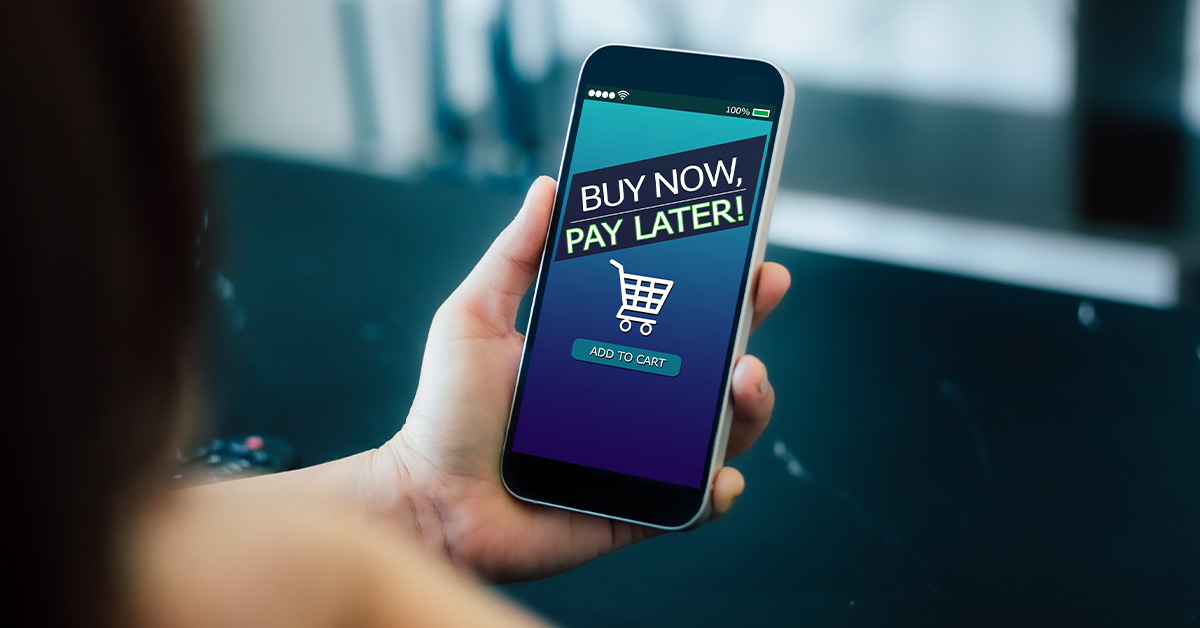
Financial Travel Tips
So you have your flip flops packed, and your car filled to the brim,
but have you prepared for your vacation financially?
The past few years have been tough.
Wait, years?
Yes, you read that right. It really has been that long since a lot of us have traveled. You’ve probably got a few cobwebs on that suitcase that you have been longingly staring at while dreaming of tropical beaches, ski resorts, or just visiting family. Whatever your flavor is for vacation, there is one thing we all have in common. We all have to pack our wallets.
Here are a few tips to make sure you are checked off and ready to relax when the time comes.
Always budget ahead
Seeing that credit card bill post vacation can incite a lot of panic when you realized just how much you spent. You want to come home relaxed and refreshed from the spa, not full of regret on how you shouldn’t have got that extra treatment. (But seriously the facial is always worth it.) This is why you should always budget ahead.
When you decide to take a trip and book that flight and hotel, immediately write down in your budget how much the total is. Divide this up by the months remaining until your trip. Then start adding the monthly amount to your vacation savings. When the time comes, this part of your trip will be completely paid for before you even start packing! This same tip can be applied for other aspects of your trip. Save up for food, any tours you want to attend, and souvenirs. Plus, put a little extra aside for the stuff you forgot to pack in your excitement, like toothpaste.
Set up travel alerts
You’ve already told your friends, your family, and anyone who will listen about your incredible upcoming vacation, but have you told your financial institution? Banks and Credit Unions set up their debit and credit cards for your protection. Which means if all of a sudden, your card is being used somewhere far away, it’s likely to get declined.
This can get you in a tough situation, so contact your financial institution and let them know where and when you will be gone. This will make for as smooth of a transition as flying first class.
Bring a backup card
Sometimes things happen, whether your card is stolen or still getting declined, so it’s always good to have a backup. This way if your main account is hacked, you can shut off your card and not be stranded in a foreign country with no way to access your money.
Make sure you have a secondary account with funds available or an emergency credit card.
Be set up for Mobile/Online Banking
What happens if you didn’t put enough funds into one of your accounts? If you are in a different time zone, it may be difficult to access your bank during working hours. Make sure your account is set up for mobile/online banking so you can make transfers when needed.
Don't waste money
Are you a thrifty vacationer? Even if you aren’t, it’s a bummer to have to pay extras for something boring and not get that extra umbrella drink instead. This goes for your credit and debit cards. When traveling abroad or domestic, keep an eye out for extra fees you may have to pay. ATM and foreign transaction fees can add up quickly. Look for cards that waive these.
As an extra bonus, if you are a credit card user, look for cards that have travel bonuses! But be careful, while it’s nice seeing those points rack up, you need to make sure you are still able to pay off your credit card each month.
Bring cash
From tipping the helpful hotel staff to realizing a restaurant is cash only, it’s good to have a few bucks in your pocket. Bring enough to cover a day, but not enough to make you a target to prying eyes. Using items like money belts with RFID protection will help keep you and your money safe.
If traveling abroad, consider the exchange rate when budgeting and keep local currency on hand. Try to avoid the currency exchange services in the airport, as their fees are normally higher.
Now Have Fun!
You are packed, financially prepared, and got your sunscreen. It’s finally time.
Au revoir fellow traveler!
More Money Safety Tips from Community First
- Using Buy Now Pay Later Apps
- Are Peer to Peer Payment Apps Safe?
- Protect Your Personal Information
- Protect Yourself Against Quishing
- What is Social Engineering?









